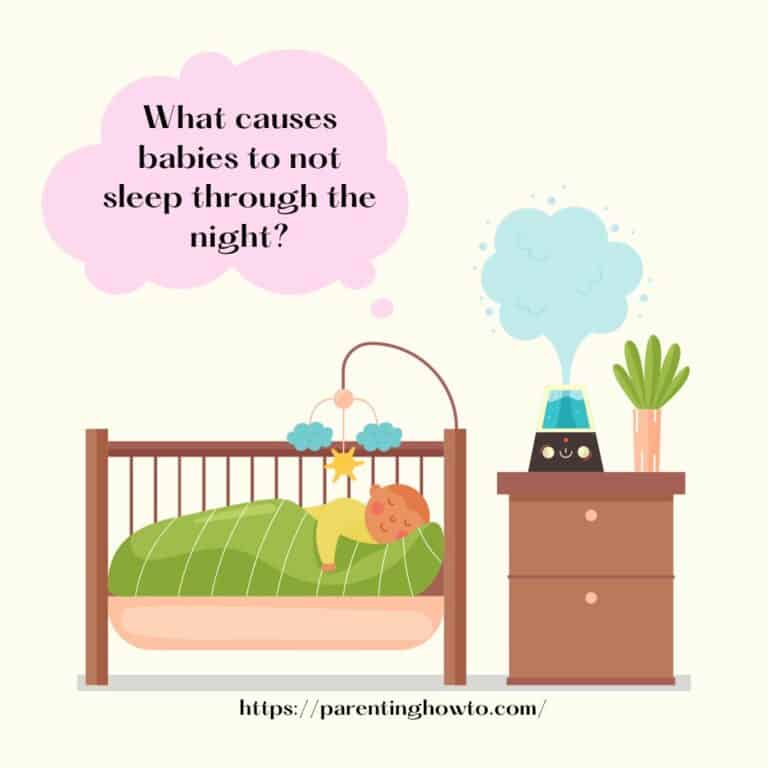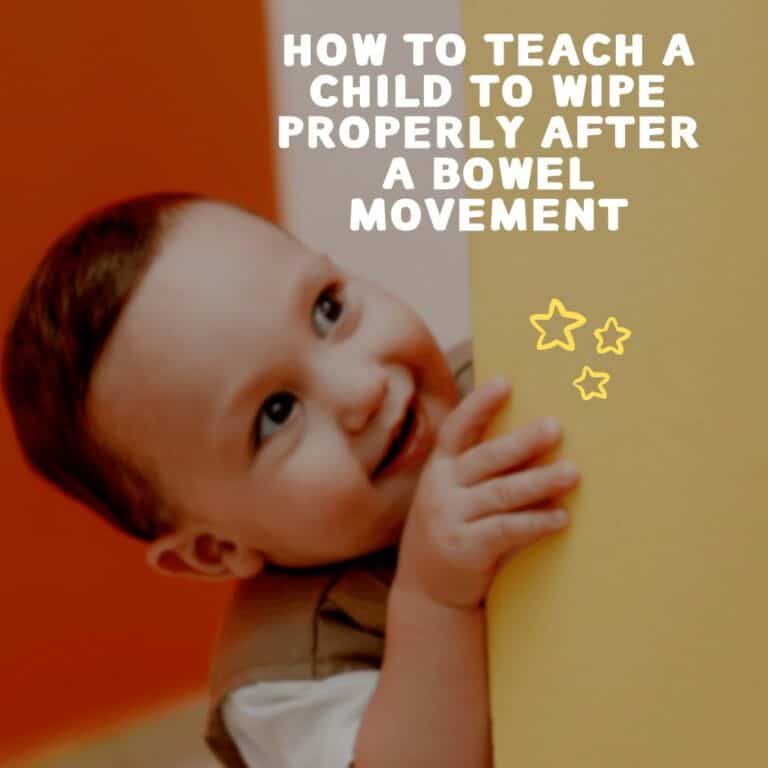When you give your newborn formula, it may appear that you are making the formula yourself. Even though babies eat a lot, their stomachs can only hold a certain amount of food.
When your child repeatedly requests another bottle, it can be tempting to make a large batch of baby formula and store it in the refrigerator so that you always have some on hand. This manner, you’ll always have plenty for a few days.
On the other hand, you have most likely heard that unused prepared formula should be thrown away after an hour has passed. When it comes to baby formula, there are a lot of different safety requirements that need to be followed. So, how long does baby formula last once mixed ?
How long does Baby Formula Last Once Mixed ?
It is best to use formulas that have been mixed within two hours of preparation and one hour after the start of feedings, If you are unable to use the infant formula prepared within two hours, store it in the refrigerator and use it within 24 hours of preparation.
How Long can baby formula sit out at room temperature?
It is possible for infant formula to deteriorate if kept out at room temperature for an extended period of time. If you have not started using the prepared infant formula within the first two hours after it has been created, you should store it in the refrigerator and use it within the next 24 hours.
It is critical that you understand that if you start using infant formula instead of breastfeeding your child, the recommendations for storing breast milk will change.
The following is an overview of the fundamentals:
When in doubt, toss unused formula after 1 hour at room temp
There are many recommendations for how long prepared formula (that your infant has not yet consumed) should be left out at room temperature before being discarded.
According to the American Academy of Pediatrics, formula that has been left out at room temperature for more than one hour and has been exposed to air should be discarded (AAP). Furthermore, they claim that infant formula left out for no more than an hour can be safely stored in the refrigerator.
According to the Centers for Disease Control and Prevention, formula should not be discarded until it has been allowed to stand at room temperature for at least two hours (CDC). If it has been out for less than two hours at room temperature, you can safely store it in the refrigerator after that.
Check the instructions on your specific container of baby formula, and if in doubt, err on the side of caution and stick to the one-hour rule.
If your baby drank from the bottle, throw away leftover formula
After you’ve finished preparing the infant formula, make sure there are no leftovers in the bottle from which your baby drank. Because bacteria from your baby’s lips are now on the bottle, there’s a chance it’s infected with germs that will multiply.
How long does prepared formula last in the fridge?
When stored in the refrigerator, how long does infant formula last? This is something that is determined by the formula you are using.
Powdered Formula
Powdered formula can be safely stored in the refrigerator for up to 24 hours, according to the American Academy of Pediatrics (AAP) and the Centers for Disease Control and Prevention (CDC). It should be discarded after that point. If the formula has been heated, it cannot be refrigerated and must be consumed within an hour of preparation, regardless of whether your child drinks from the container.
Liquid Formula
While liquid concentrate formula must be prepared by adding water to a bottle, ready-to-feed formula does not require any preparation.
The current temperature in the room is: When stored at room temperature, ready-to-feed and concentrate formulas, such as powdered formula, have a shelf life of one hour.
When your child has finished drinking from a bottle, it should be discarded rather than refrigerated.
Bottles made from liquid concentrate and open containers of ready-to-feed formula can be refrigerated for up to 48 hours, but only if your child has not yet consumed any of the contents.
Do not refrigerate and throw out your formula if:
- The baby has already finished the bottle: If you start breast-feeding your child but notice that he or she still has some formula left in the bottle, you must discard it within one hour.
- Because warm environments are conducive to the growth of bacteria, it is imperative that you utilize prepared infant formula within one hour of when feeding first begins.
- More than twenty-four hours have passed since preparation began: It is always preferable to prepare bottles right before you intend to feed them to your baby, rather than doing so ahead of time.
- At this point, the formula has exhausted all of its possible applications: Examine the label and container containing your baby’s formula carefully.
What is the longest time unopened baby formula can be stored?
There are a few things about storing infant formula that you need to be aware of in order to maintain its quality and ensure that it is risk-free. Always make sure to follow the directions on the container. It should never be stored outside, such as in a car, because the temperature inside the container could go dangerously high.
Powdered Formula
If the baby formula container has not been opened, the date of expiration that is printed on it can be relied upon. It is not suggested to refrigerate containers that are sealed before using them. Instead, put them in a place where they can become cold and stay dry until you are ready to use them.
The majority of cans have a shelf life of thirty days once they have been opened, but you should always check with the manufacturer if you have any concerns.
Liquid Concentrate and Ready-to-Feed Formula
Check the date it’s supposed to expire. Until you are ready to use it, store it in a dry and cold spot.
How long does baby formula last once the container is open?
It is essential that you follow the instructions that are printed on the package that contains your formula. Depending on the variety of baby food, various storage requirements are necessary.
Powdered Formula
After the powdered formula bottle has been opened, it should be used within the following month. You should always keep a pen or marker close to the location where you store your baby’s formula so that you may write the date you opened the bottle on the top of the lid. Once a bottle of infant formula has been opened, it should be stored in a cold, dry place away from the refrigerator.
Liquid Concentrate and Ready-to-Feed Formula
Once a liquid or ready-to-feed formula has been opened, it should be cooled immediately and consumed within forty-eight hours. These instructions should be included on each container, but in general, they can be summed up as follows: It needs to be thrown away if it has been left out at room temperature for two hours.
Tips for Safely Preparing Infant Formula
It is essential to refresh your memory on how to prepare and store infant formula in a safe manner, even if you are an experienced parent. It is important to keep in mind that measuring infant formula improperly can cause health concerns for babies; hence, it is always a good idea to double-check yourself to ensure that you are feeding your baby in a healthy manner.
Sterilizing bottles and equipment
Make sure that any bottles or nipples that will be used for the first time have been properly sterilized. Either putting them in water that is boiling at the time for five minutes or using a bottle sterilizer are both viable options for achieving this goal.
You should be allowed to wash bottles in the dishwasher or hot water with soap after each use after the first time, but you should verify with the medical professional who is taking care of your infant to be sure this is safe.
Make sure that you give your hands a good washing and that the area where you will be preparing the bottle is completely cleaned and sanitized.
Preparing formula ahead of time
In most cases, it is best to prepare your child’s bottles immediately prior to giving them any formula to drink. This isn’t something that can be guaranteed, particularly in the middle of the night. In the event that you need to prepare a bottle in advance, ensure that you cool it in accordance with the instructions given above.
Warming baby formula
Formula can be given to infants at any temperature—cold, room temperature, or warm—the most important thing is that they consume it! Use a bottle warmer, put the bottle in a basin of warm water, or run it under warm water from the faucet if you want to warm the bottle up. Never heat baby formula in the microwave, and always perform a temperature check by placing a few drops of the formula on the inside of your wrist before administering it to your child to make sure it is not too hot.
Freezing baby formula
If you could avoid freezing the recipe, it would be the best option. Freezing infant formula is not recommended since doing so may cause the various components of the formula to get separated.
Baby formula expiration date
The majority of containers of baby formula have a shelf life of one month, therefore make sure to write the date on the lid that it was opened. Check the “use by” date on the container as well; the recipe should never be used after this date has passed.
It is true that babies have a greater risk of becoming ill from bacteria in formula; as a result, it is absolutely essential to follow the instructions for manufacturing and storing formula for newborns very carefully. Newborns who are less than three months old, have an anomaly in their immune system, or were born prematurely are included in this category.
The Takeaway
When you consider that you are dealing with your baby’s delicate digestive system, all of the regulations regarding formula may at first appear to be overly fussy.
However, when you put yourself in your baby’s shoes, you will find that the standards are actually quite reasonable. You’ll have a far better idea of how much food your child actually consumes, which will help you cut down on, or even get rid of, the quantity of formula that is wasted.
There is an old proverb that advises, “When in doubt, chuck it out.” Although, just like everything else, baby, you’ve got this and will soon be able to handle everything on autopilot; however, we cannot guarantee that you won’t ever nod off while making a bottle!



